![]() Hearing the foreign policy rhetoric of the Philippines’ newly inaugurated president Rodrigo Duterte, the only thing that is constant appears to be change. Needless to say, that’s not been very reassuring to those watching from afar, even if seasoned observers emphasize that it is still unclear how much of that rhetoric will actually translate into reality and that his advisers could serve as checks against the President’s colorful views once the administration actually gets going.
Hearing the foreign policy rhetoric of the Philippines’ newly inaugurated president Rodrigo Duterte, the only thing that is constant appears to be change. Needless to say, that’s not been very reassuring to those watching from afar, even if seasoned observers emphasize that it is still unclear how much of that rhetoric will actually translate into reality and that his advisers could serve as checks against the President’s colorful views once the administration actually gets going.
Of the subjects Duterte has opined about thus far, none has attracted more interest than China and the South China Sea, with some worrying that he may seek to embrace Beijing and spurn Washington for reasons ranging from economic pragmatism to his own ideological biases. With the Hague-based Permanent Court of Arbitration (PCA) now confirming that it will issue its verdict on Manila’s case against Beijing on July 12, it is worth exploring how a Duterte administration might or might not alter the Philippines’ South China Sea approach, and the real risks inherent in such shifts for not only the country but also the region and other concerned actors as well.
To be clear, the danger here is not that Duterte will open bilateral talks with Beijing on the South China Sea or undertake major foreign policy realignments like moving the Philippines closer to China, contrary to what some have suggested. Every Southeast Asian state is trying to pursue good ties with China to varying degrees despite concerns about its rise, and the Philippines is no different.
Furthermore, even members of the former Aquino administration – including his former foreign minister Albert del Rosario – have made clear that Manila had pursued the PCA case in response to China’s unlawful assertiveness but always left open the possibility of future talks with Beijing following a verdict. Additionally, for all Duterte’s posturing, seasoned observers know that like any president, he is hamstrung by other factors that govern Manila’s alignments with major powers, including popular opinion and the country’s weak military which in part accounts for the recent strengthening of its alliance with the United States and strategic partnerships with other countries like Japan.
Rather, the real danger of Duterte’s approach to China and the South China Sea is that his administration will seek to engage Beijing in a way that not only undermines Philippine interests in terms of its relationship with China, but undercuts the regional unity and global solidarity needed to constrain Chinese assertiveness in the South China Sea. Before contemplating what various actors should do, which many commentators are quick to jump to, it is worth first spelling out exactly what the risks are in Duterte’s potential approach on this issue in the bilateral, regional and global domains.
Misreading bilateral ties
Bilaterally, the risk is that Duterte might adopt an approach towards China that would undermine Philippine interests.
Post-PCA verdict, the task of any Philippine government – including one led by Aquino if he were still in power – would be to try to get Sino-Philippine relations back on track by better managing the South China Sea issue with China while also pursuing new opportunities with Beijing, largely in the economic domain. From a Philippine perspective, the key would be to enter talks with China ready to fully exploit Manila’s leverage across a range of areas in the bilateral relationship, using a mixture of carrots and sticks.
The danger is that Duterte and his team will not adopt such an approach, thereby undermining instead of strengthening the Philippine position. Indeed, one could argue that this is already playing out. By sending out overly positive signals to China – including a desire to open talks, accept Chinese infrastructure projects, appoint a special envoy to China, downplay the PCA case, avoid military actions and adopt a more lukewarm stance towards the United States – before the verdict, Duterte is signaling that he is leaning in the direction of concessions without making clear what the conditions might be for them to occur or, more importantly, without any information as to how favorable the verdict will be in the direction of the Philippines and how that affects its bargaining position going into talks. It has not helped that parts of Duterte’s first Cabinet meeting, which included rather conciliatory remarks by his foreign secretary Perfecto Yasay Jr on how the Philippines plans to respond following the PCA verdict, were accidentally broadcast on live television.
This is important because, if China detects that Duterte is too amenable to negotiations irrespective of the outcome of the PCA verdict, it may conclude that the Philippines is no longer intent on making Beijing pay the price for its assertive behavior and that it therefore does not need to offer his administration all that much to get a more conciliatory position. Reading some Chinese accounts of the prospects for Sino-Philippine relations in the past few weeks, one is struck by the high expectations that have already been generated, in part due to Duterte’s comments.
More arrogantly, some Chinese appear to be convinced that this merely confirms what Beijing already suspected: that while its assertiveness may lead it to pay short-term costs under Aquino, it can simply ride it out while hoping for a more conciliatory one like that of Duterte. As one Chinese expert told me on the sidelines of a recent meeting in Kuala Lumpur, Duterte “may prove ultimately that South China Sea is more in fact an Aquino issue than a Philippine issue.” Misguided as such a view might be, the fact remains that Duterte’s remarks could lead some in Beijing to overestimate the strength of their hand and underestimate Manila’s.
A less probable but still possible scenario is that Duterte’s initial outreach to China translates into an overly narrow economics-first approach towards Sino-Philippine relations on terms that are seen to be favorable to Beijing more so than they are to Manila. Such an approach would see both sides not only boost economic ties – which, again, ought not to be necessarily controversial – but also conclude suspicious infrastructure projects and perhaps even questionable joint development arrangements while shelving the South China Sea dispute. These are not mere musings: Duterte has himself suggested (or perhaps, more accurately, wondered aloud) that he would be willing to set aside the differences with China if Beijing would build the Philippines a railway as it has done in Africa and elsewhere.
His advisers have been quick to quell any suggestion that this would actually be implemented. But if Duterte does so, he is likely to not only face domestic opposition and international scrutiny against his approach towards China and the South China Sea, but also his administration’s running of the country more generally. To close watchers of Philippine politics, such an approach would bear an eerie resemblance to one the Philippines pursued under Aquino’s predecessor, Gloria Macapagal Arroyo. At the time, a controversial joint development deal in the South China Sea inimical to Manila’s interests was cut with Beijing in exchange for Chinese-backed infrastructure projects, which ended up being embroiled in one of the largest corruption scandals in Philippine history. If combined with domestic opposition to Duterte on a number of other fronts where he is challenging the established elite, or even sharp differences between different Philippine bureaucracies or institutions, the issue could end up being more than just a foreign policy misstep.
Disrupting regional unity
Beyond domestic and bilateral effects, Duterte’s approach towards China and the South China Sea carries regional and global risks as well. Regionally, if the Philippines adopts an overly soft line towards China in spite of Beijing’s stubborn stance towards Manila on the South China Sea issue and/or its continuing assertiveness towards other countries in the region, the risk is that may undermine ASEAN’s ability to take a stronger position on the issue and play into China’s ongoing efforts to divide the regional grouping.
Although the Philippines was pursuing the PCA case during the Aquino years, it had also been a key voice urging ASEAN to take a stronger position on the South China Sea issue. Manila’s stance was and continues to be important not only on its own, but also within the context of the regional grouping because it operates by consensus. To oversimply, since ASEAN has traditionally adopted the lowest common denominator position between claimants, interested parties (such as Singapore and Indonesia) and not-so-interested parties or laggards (most notably Cambodia), a forward-leaning position by the Philippines – without question the most active of the four Southeast Asian claimants – would provide interested parties cover to call for more aggressive action and push back against laggards. In contrast, a more cautious approach could see other states also adopt a softer line, either because this is in line with their own preference to downplay the issue or because they find it diplomatically unsound to get ahead of ASEAN’s most forward-leaning claimant.
In this sense, Duterte’s approach could very well play into important, ever-shifting regional calculations on the South China Sea this year and beyond. As it is, 2016 is a particularly challenging year on the South China Sea for ASEAN, with the organization facing the triple challenges of grappling with the fallout from the PCA decision, managing the ASEAN-China relationship during the 25th anniversary of the establishment of the dialogue partnership; and being led by Laos, a landlocked country with little interest in the South China Sea and a lot invested in its relationship with China. One critical test will come during the next round of ASEAN summitry held from 21-25 July. With the ASEAN foreign ministers meeting just days after the PCA verdict, the world will be watching to see whether the regional grouping will choose to issue a separate statement on this important decision, as many ASEAN advocates hope, or whether it merely adopts a standard communique (or ends up not issuing one at all as it did recently). The voice of the Philippines will be important as ASEAN grapples with such tests.
Further out, the Philippines will also officially assume the rotating annual ASEAN chairmanship which Laos holds in 2017, giving Manila an additional opportunity to affect regional outcomes on the South China Sea amongst other issues. As ASEAN chair, Manila will be subject to the routine mix of charm and pressure from China in the lead up to and during its chairmanship, a tactic Beijing hopes will seek to affect how it deals with issues like the South China Sea. Though pursuing Philippine interests will be the primary focus of any administration, as a founding member of ASEAN, Manila also ought to play a role in holding the grouping together, especially as it will be celebrating its 50th anniversary next year. A repeat of what occurred at Phnom Penh – which saw the first-ever non-adoption of a joint communique in ASEAN’s history owing to disagreements related to the South China Sea – would be a huge blow for regional solidarity.
Undercutting global efforts
Globally, the risk is that Duterte’s approach towards China and the South China Sea undermines ongoing global efforts aimed at countering Beijing’s assertiveness.
Even though China has gained in some ways from its assertiveness in the South China Sea, Beijing’s behavior has also led regional states to strengthen their ties with other powers and prompted other countries to take an interest in the issue. That in turn has knitted together an ever-widening group of concerned global actors who have been increasingly willing to stand up against Chinese transgressions and made Beijing’s isolation from the rules-based international order ever clearer.
Nowhere was this more apparent than at this year’s Shangri-La Dialogue in Singapore in early June, where speaker after speaker, along with the participants there, raised alarm about China’s South China Sea approach before Chinese Admiral Sun Jianguo countered with the usual boilerplate response from Beijing, adding – bizarrely – that some regional states were actually less concerned by Chinese behavior this year than they were last year. Sun’s remarks, delivered exceptionally loudly and preceded by a comparatively conciliatory speech by U.S. Defense Secretary Ash Carter, were poorly received by many Southeast Asian participants present, myself included, and underscored just how unreasonable and isolated Beijing really was.
That said, while this ‘coalition-of-the-willing’ – or, if you prefer, ‘principled security network’ – is encouraging to those who see value in the rules-based order, in truth it is also rather fragile. The strength of such a coalition lies in aligning policy perspectives and sharing operational burdens between claimants like the Philippines, intra-regional interested actors such as Japan, and extra-regional concerned parties like the United States in a calibrated way so that outside actors who have no direct claims in the South China Sea can do their part without seeming to get ahead of the claimants themselves. It also rests on a few actors who are willing to make China pay the price for its assertiveness through a range of diplomatic, military and, if necessary, economic actions as well.
![CHINESE-PH RELATIONS. Chinese Ambassador Zhao Jianhua visits President Rodrigo Duterte in Malacañang Palace on Thursday, July 7. Photo from MARO-PCOO]()
Over the past few years, the Philippines’ role in this regard has been essential, especially in the face of the quieter approaches by Malaysia and, to a much greater extent, Brunei. Through a series of moves– including, but not limited to: increasing its involvement in military exercises in and close to the South China Sea; initially holding out on its membership to the China-led Asian Infrastructure Investment Bank (AIIB); strengthening ties with capable and interested actors like Japan and Australia; concluding a new defense pact with Washington giving it access to select military facilities; and, of course, filing the PCA case – the Philippines has helped knit together this global coalition against Chinese assertiveness and actively contributed to it. And contrary to what Beijing suggests, Manila has done so not out of coaxing by shadowy ‘outside actors,’ but because this serves Philippine interests. More global involvement also means more diplomatic attention, more economic diversification, and more military capability-sharing.
A pullback by Manila on its stance towards China and the South China Sea under Duterte – if done in a sudden and unjustified manner – could undercut the emergence of such a global coalition in several ways. First and most obviously, without the activism of the most forward-leaning Southeast Asian claimant, some other interested states in the region and beyond may have to either scale down their words and actions or risk bolstering the Chinese claim that ‘outside actors’ are trying to stir up trouble in the South China Sea even while Beijing is working out its differences with various claimants. Though some states may very well choose to stay the course irrespective of Manila’s actions, this dilemma would still be very much unwelcome. Neither outcome would be in the interest of the Philippines, but either would be favorable to Beijing. Indeed, as I have written previously, there have already been accounts of some in Beijing specifically studying how to contend with an adversary aligned with a greater power, with the Philippines and its alliance with the United States being a case study.
Second and more broadly, it could also send a dangerous message to some in Beijing about how a rising power conducts itself in the international system. Over the past few years, China’s actions in the South China Sea – which have included routinely harassing vessels, aircraft and fishermen, infringing into the waters of other nations and even seizing features, building artificial islands and advancing its nine-dash line claim that clearly violates international law – have hurt the interests of others and threatened the rules-based order. To caricature a much more complex debate, some in Beijing have argued that China’s strategy has been overly risky and costly, while others have concluded that this is a price worth paying to preserve Chinese interests. Simply wiping the slate clean would reinforce the thinking of more hawkish voices that while Chinese assertiveness in the South China Sea may lead it to incur some costs in the short term, China’s military and economic might means it can simply absorb these costs for a while and then look to recover its losses by charming those who it has previously coerced.
The arrogant assumption here is that no one in the international community can ultimately afford not to engage China irrespective of how badly Beijing treats them, and that regional states will eventually concede on disputes like the South China Sea. Following this line of thinking, the key for Beijing, therefore, is not abiding by the rules-based order like most other countries would like it to, but calibrating its opportunistic efforts to reshape and even defy it through alternating periods of coercion and charm to balance attendant costs and benefits. There is no better test of whether this is the case than the Philippines, which has endured the brunt of China’s assertiveness in the South China Sea over the past few years, taken a range of measures to counter Chinese actions, but is now led by a president that is calling for better ties with Beijing just a few years later.
Much of the conversation so far surrounding Duterte and his approach on China and the South China Sea has overwhelmingly focused on his efforts to open talks with Beijing or reorient Philippine foreign policy towards China and away from the United States. Yet such a reading misstates and in some ways underestimates the risk that his approach could pose not only to the Philippines, but the region and the world as well. Scholars, experts, and policymakers, including Duterte and his advisers, would do well to grasp the full picture of the costs and benefits of the paths the Duterte administration has before it before takes steps that could ultimately prove misguided. – Rappler.com
Prashanth Parameswaran is Associate Editor at The Diplomat Magazine and PhD candidate at the Fletcher School of Law and Diplomacy at Tufts University. He writes, researches and consults extensively on Southeast Asia, Asian security issues and US foreign policy in the Asia-Pacific. Follow him on Twitter @TheAsianist.
![]()

 Dear teachers and parents, administrators and staff, education partners and stakeholders:
Dear teachers and parents, administrators and staff, education partners and stakeholders: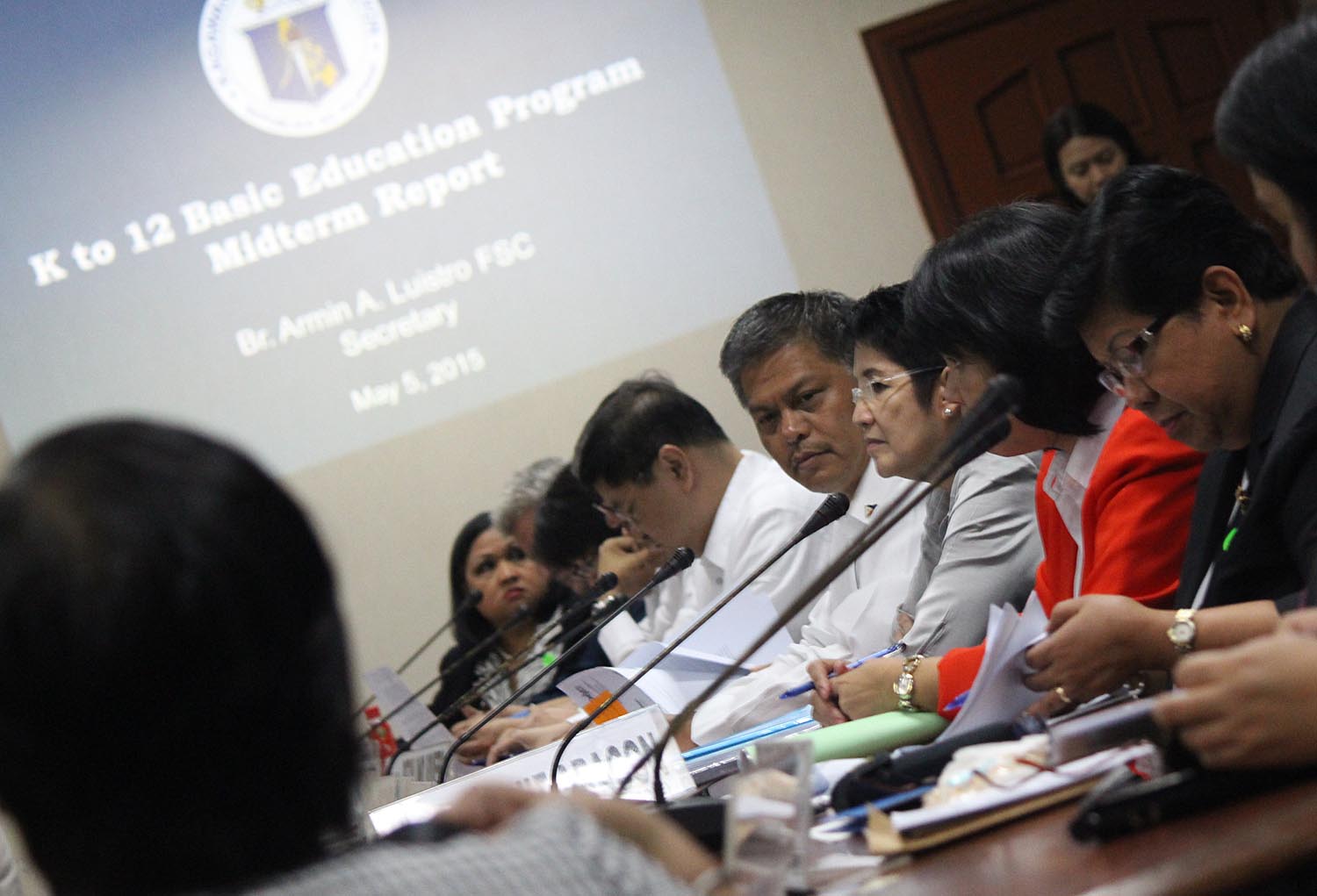
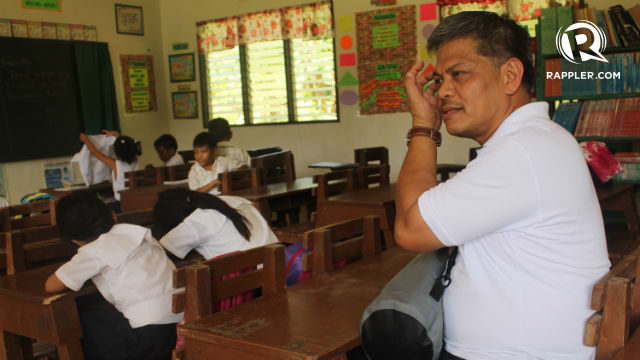
 It was a remarkable day to hear
It was a remarkable day to hear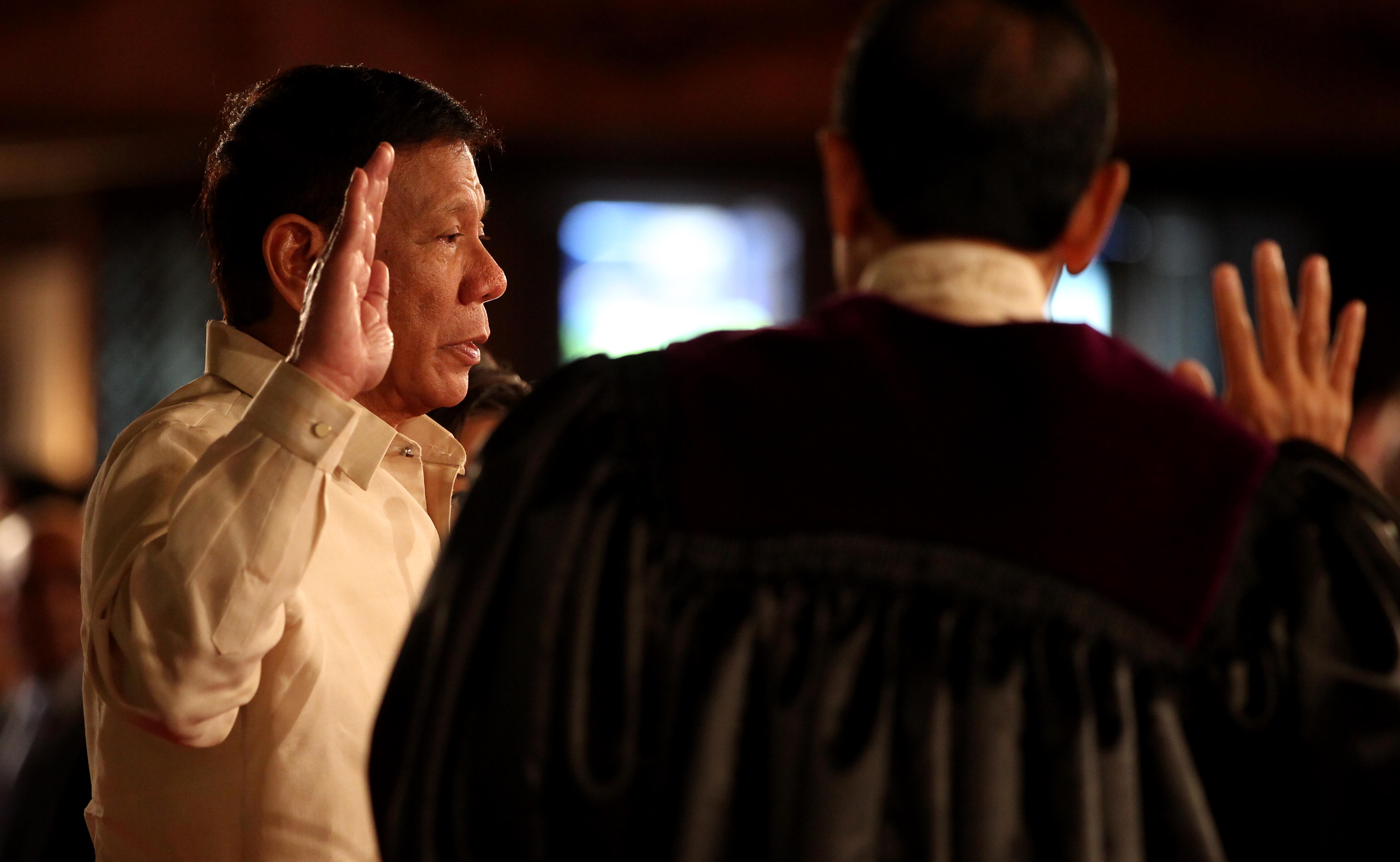

 On President Rodrigo Duterte's inauguration day, not a few friends from the media asked us what our role would be under the new administration. Will we still be watchdogs and critics? Will there still be rallies from the Left? I already made a
On President Rodrigo Duterte's inauguration day, not a few friends from the media asked us what our role would be under the new administration. Will we still be watchdogs and critics? Will there still be rallies from the Left? I already made a 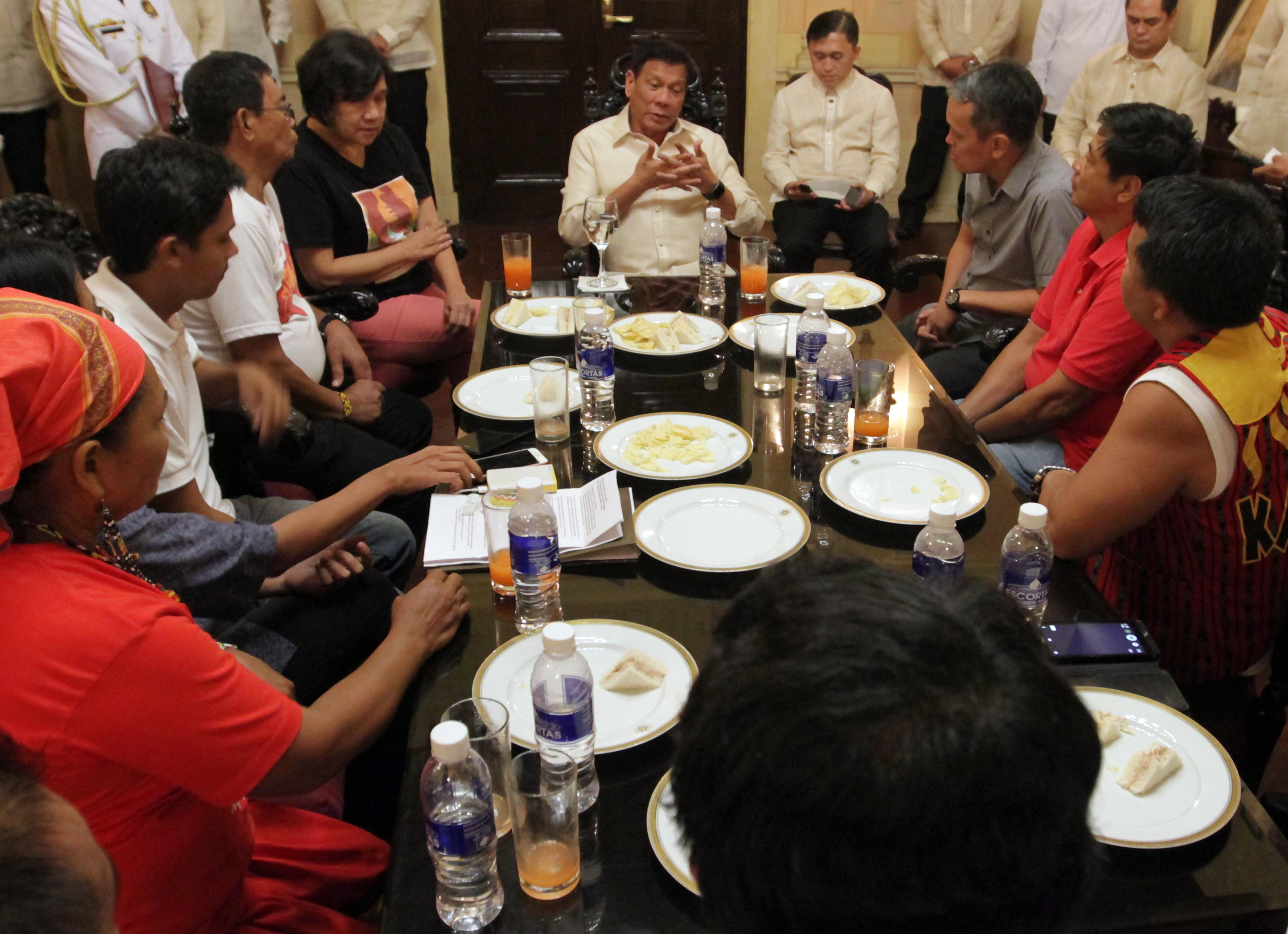
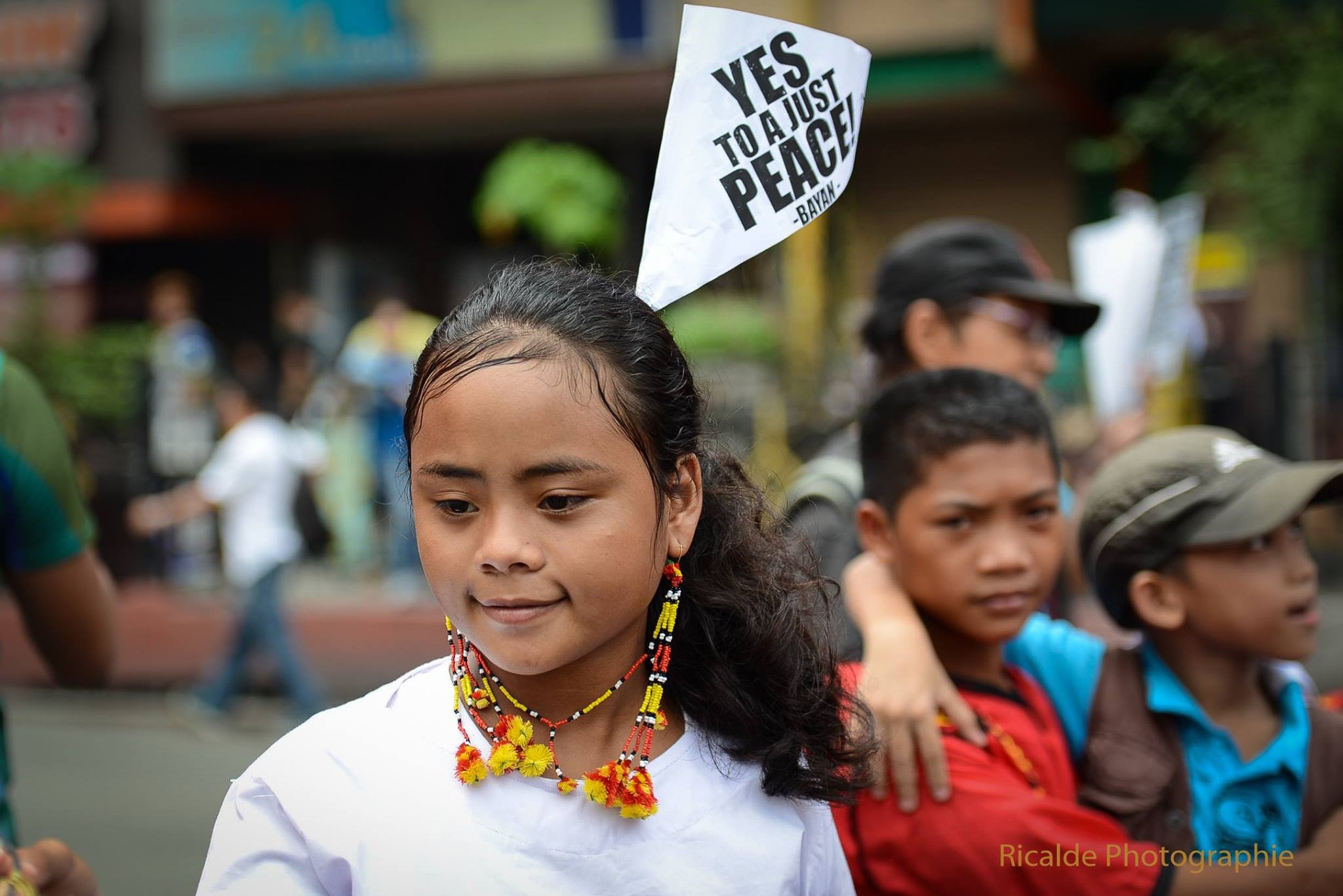
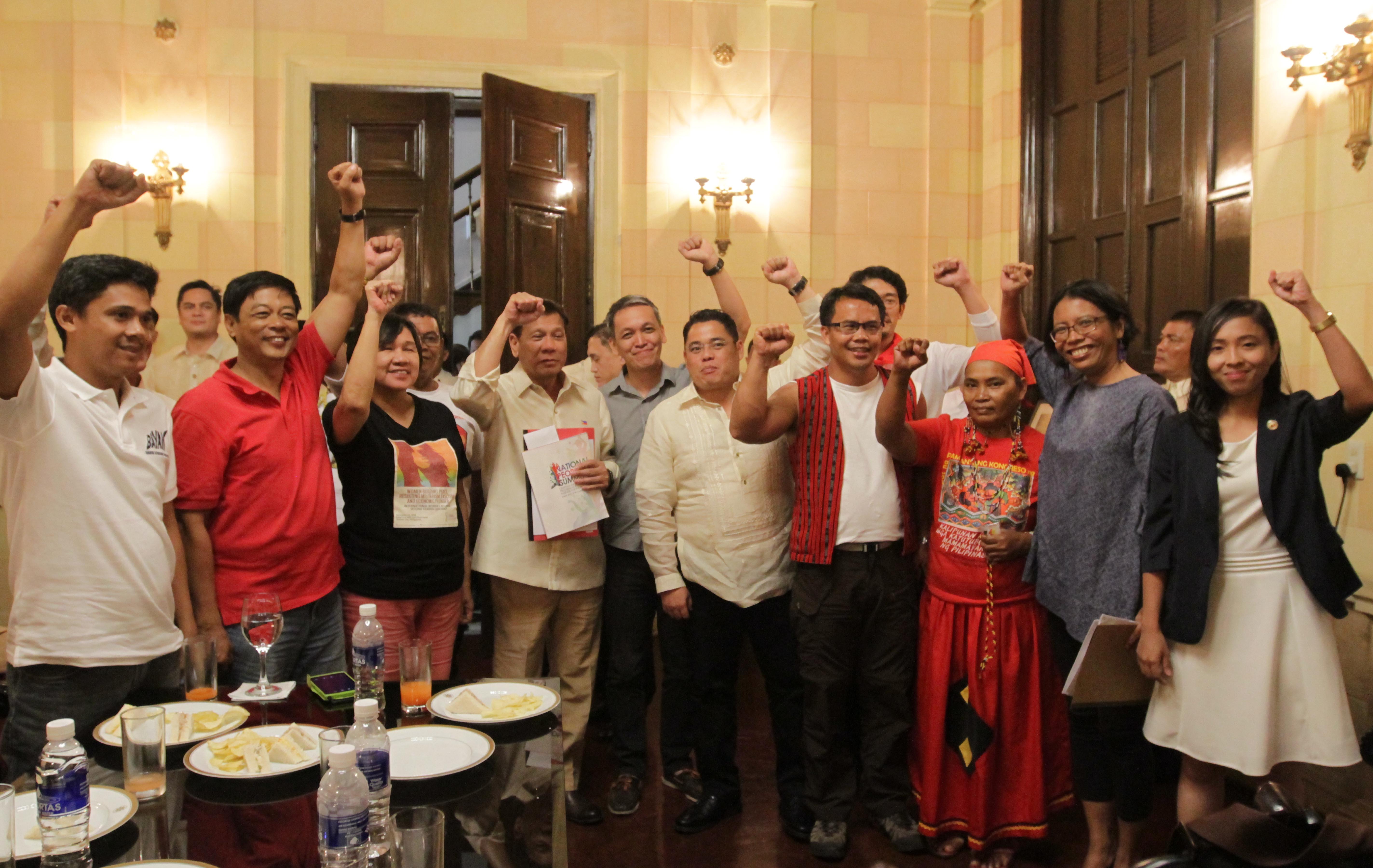
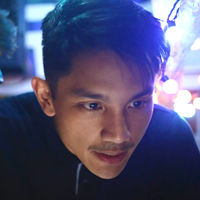

 Since adulthood,
Since adulthood, 
 Hearing the foreign policy rhetoric of the Philippines’ newly inaugurated president Rodrigo Duterte, the only thing that is constant appears to be change. Needless to say, that’s not been very reassuring to those watching from afar, even if seasoned observers
Hearing the foreign policy rhetoric of the Philippines’ newly inaugurated president Rodrigo Duterte, the only thing that is constant appears to be change. Needless to say, that’s not been very reassuring to those watching from afar, even if seasoned observers 


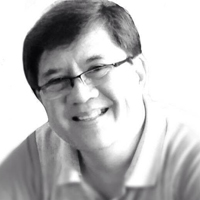

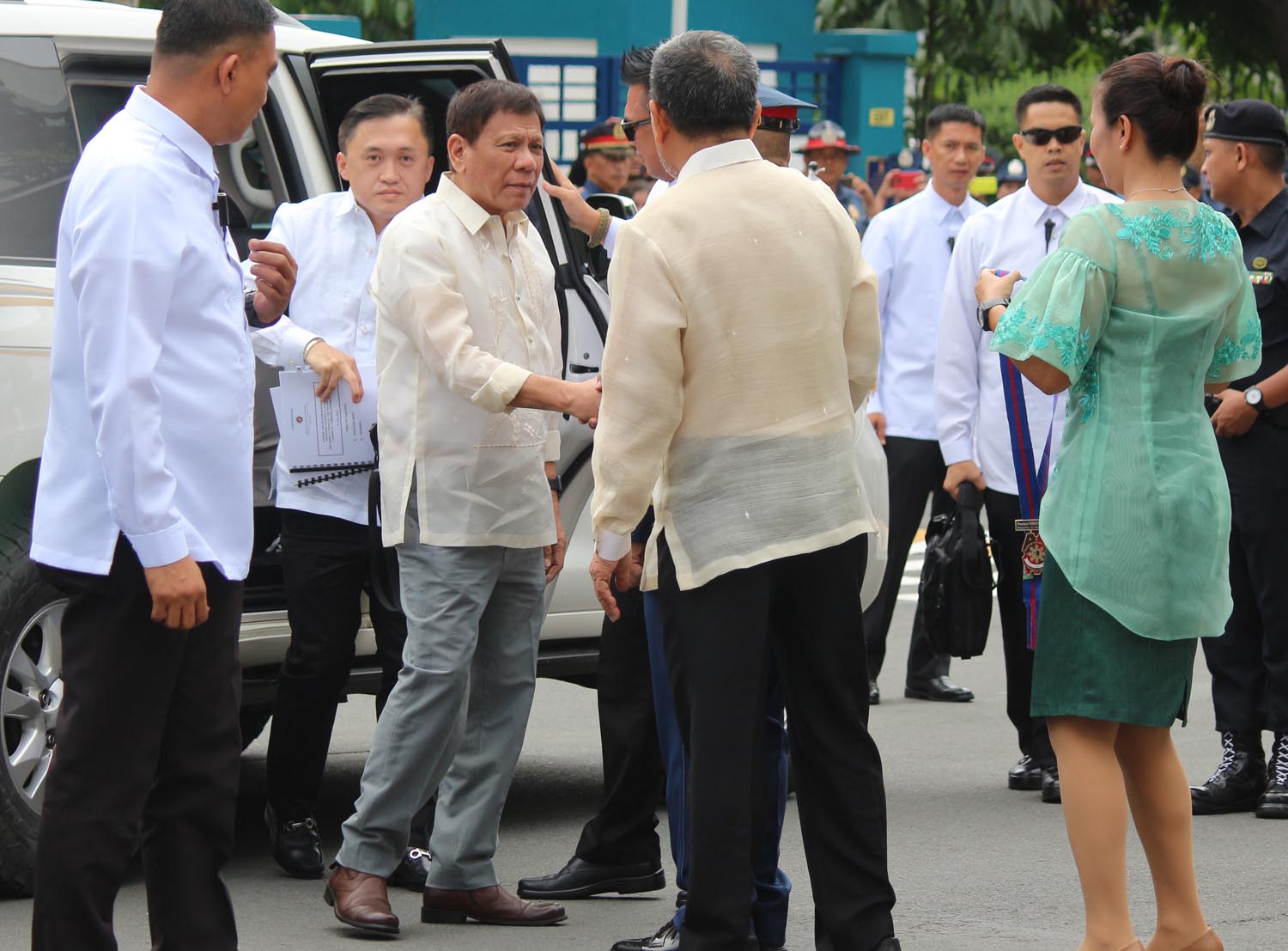



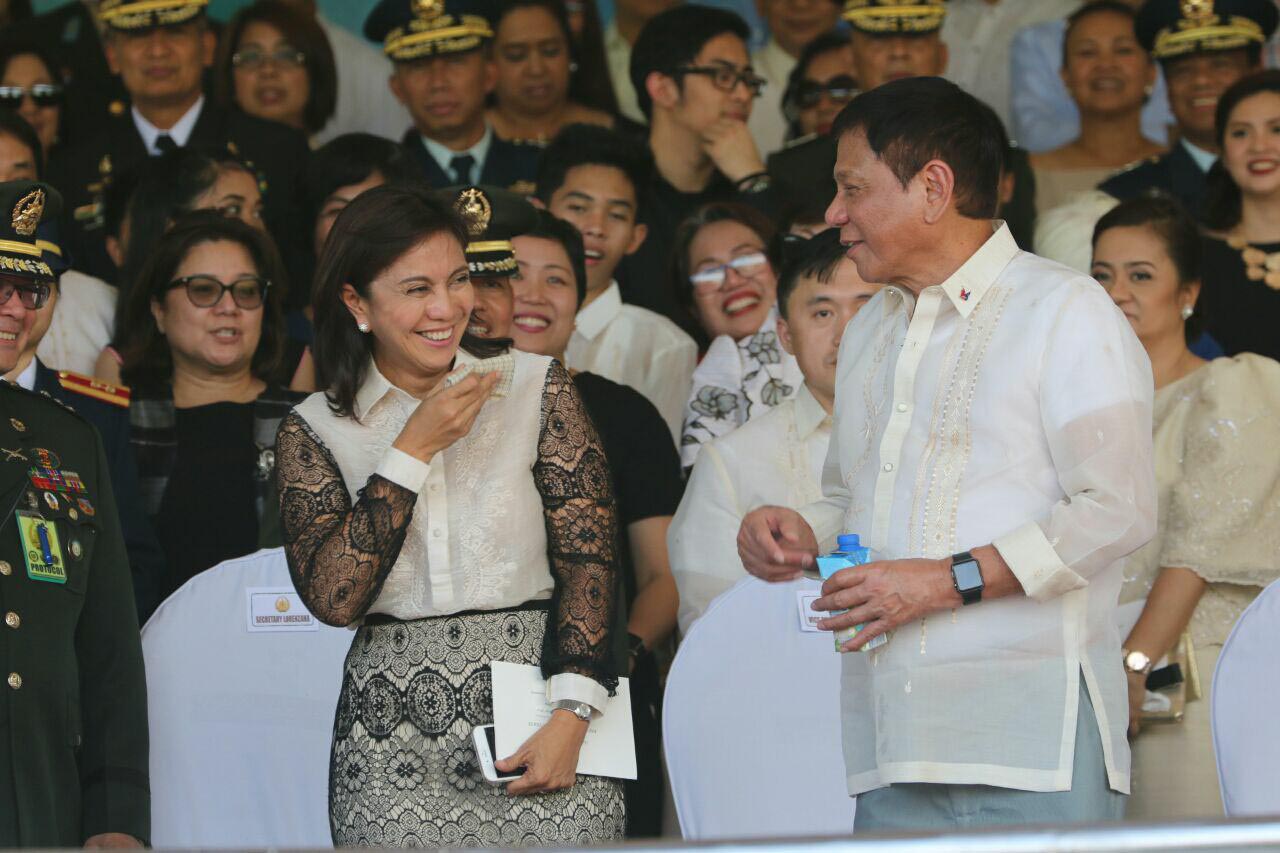



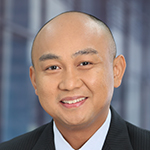 In some ways, drug lords are just like entrepreneurs. They both face competition, management challenges, disruptive technology and pesky government regulations. That is the central thesis of Tom Wainright’s Narconomics: How to Run a Drug Cartel, a recently published volume explaining the economics behind the international nacrotics trade, a $300 billion a year business that caters to over 250 million narcotics users worldwide.
In some ways, drug lords are just like entrepreneurs. They both face competition, management challenges, disruptive technology and pesky government regulations. That is the central thesis of Tom Wainright’s Narconomics: How to Run a Drug Cartel, a recently published volume explaining the economics behind the international nacrotics trade, a $300 billion a year business that caters to over 250 million narcotics users worldwide.  The desk has been cleared. The clutter – papers, books, things strewn deliberately all over to induce creativity – taken care of, gone forever.
The desk has been cleared. The clutter – papers, books, things strewn deliberately all over to induce creativity – taken care of, gone forever.

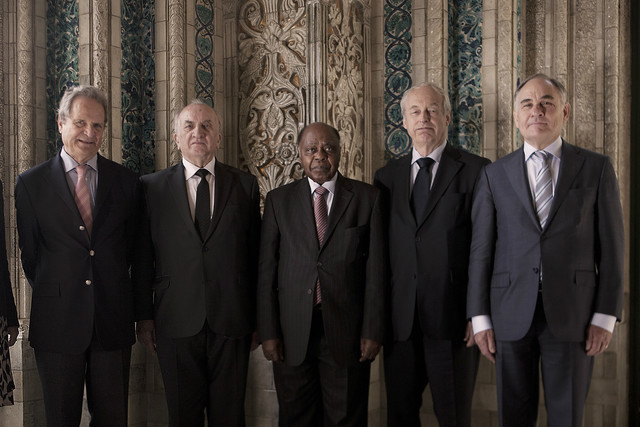
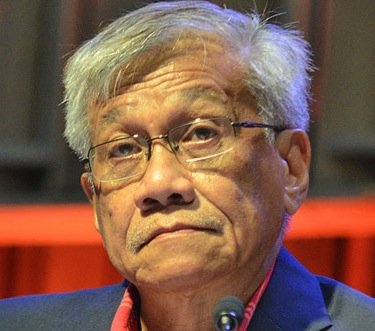 The events of the last few weeks have engendered much goodwill towards the administration of President Rodrigo Duterte at the same that it has triggered apprehensions about where it is headed. (READ:
The events of the last few weeks have engendered much goodwill towards the administration of President Rodrigo Duterte at the same that it has triggered apprehensions about where it is headed. (READ: 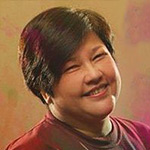


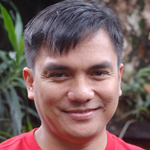 Crime role in politics merits examination as the Philippines regresses to a kamay na bakal (iron fist) presidency that today is gaining the appearance of strength through executive orders to summarily and extra-judicially execute suspected criminals.
Crime role in politics merits examination as the Philippines regresses to a kamay na bakal (iron fist) presidency that today is gaining the appearance of strength through executive orders to summarily and extra-judicially execute suspected criminals.